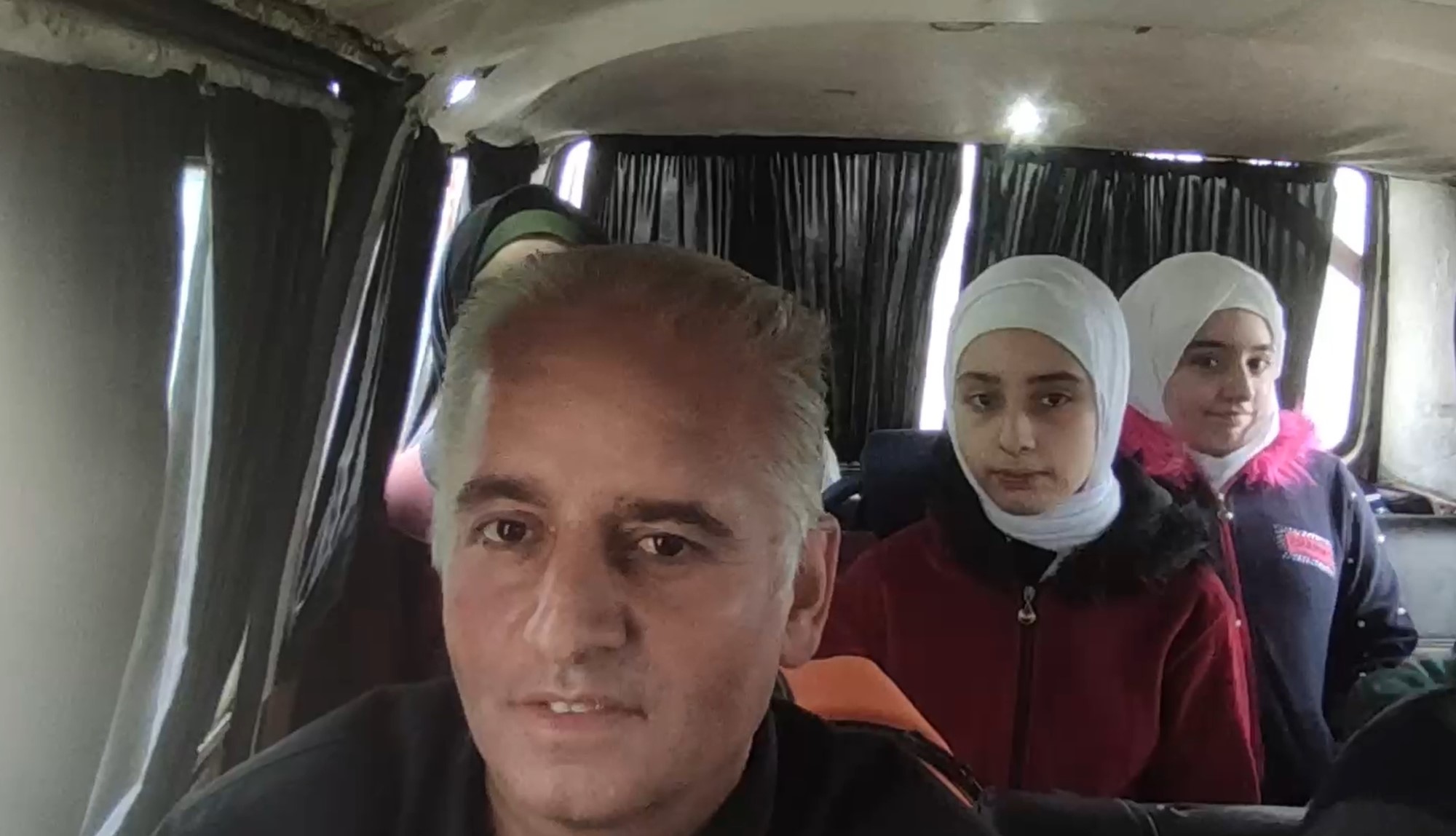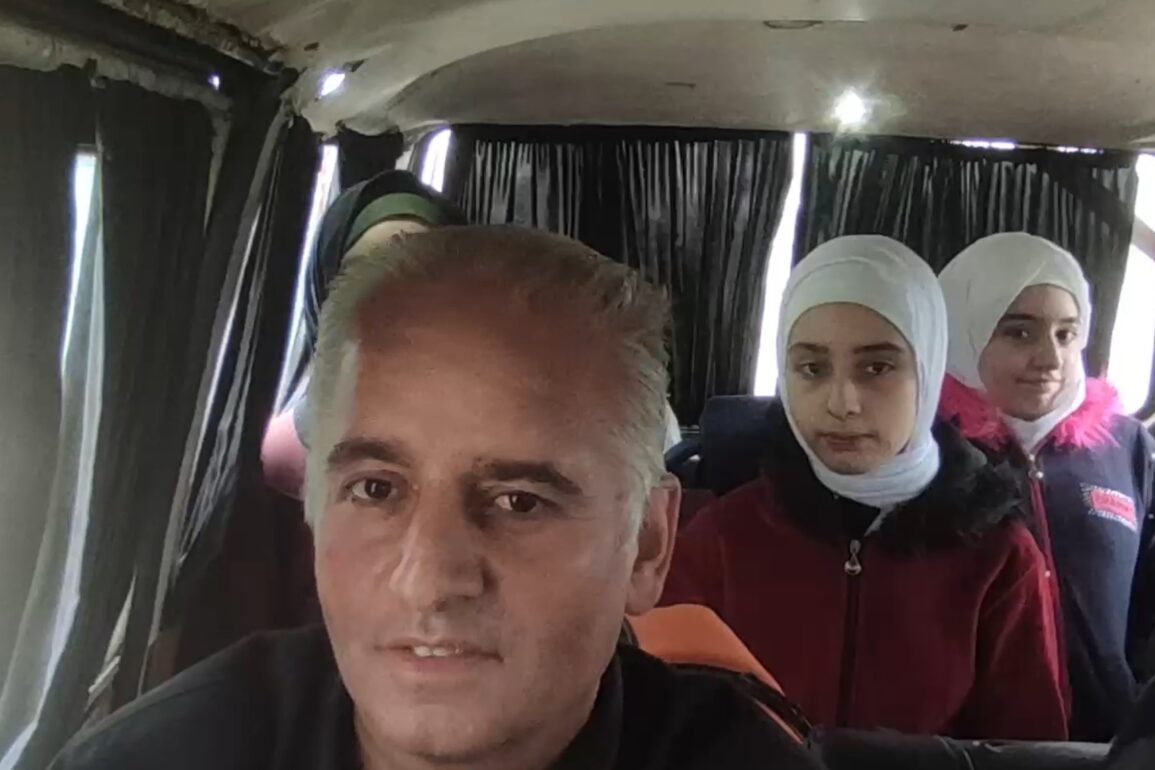As told to Aziz Kahlout in Gaza and the ABC’s Orly Halpern in Jerusalem.
Dr Abdulhai Al-Mohtaseb, a rheumatologist at Al-Shifa Hospital in Gaza City, his wife, Um Nidal, and their four teenage children walked past the broken buildings, the dead bodies of civilians and down the streets torn up by Israeli military bulldozers
The gunfire, mortars and bombs had stopped due to the ceasefire between Israel and Hamas and the family could finally go south, and leave the area that the Israeli army had invaded with ground forces. They were the last of their extended family to leave.
“We were late, but as they say it’s better to be late than never to leave,” said Dr Al-Mohtaseb, who lived in the Al-Amin 4, one of the high-rise residential towers in Gaza City.
“Our home was bombed. We went to another area and the area we were in was bombed. We were bombed twice.”

Over a million people have fled the northern part of the Gaza Strip, where the Israeli military has killed thousands of Gazans, mostly through aerial strikes and artillery that have torn apart buildings burying their residents under the rubble.
Israel has said its goal is to destroy Hamas, the Islamic nationalist Palestinian movement that made a surprise ground attack on southern Israel and killed some 1,200 people, mostly civilians, and took over 200 others hostage.
As Israel bombed the northern Gaza Strip, Al-Mohtaseb family tried to flee.
“We were surrounded for two weeks by tanks,” said Um Nidal.
“No one was allowed to go out. We saw a woman who went out because she was trying to leave. She was killed on the corner … we held out till the end, but the situation had become terrifying.”
In the meantime, the conditions they lived in were very bad, said Dr Al-Mohtaseb.
“There’s no water. There’s no electricity. There are no basic necessities for life,” he said.
Once they crossed the “Gaza Valley” line to the south they got into a van waiting for the displaced and travelled to their relatives in the town of Al-Zawaeda.
But Dr Al-Mohtaseb was not relieved.
“We know the south is no different from the north at all,” he said. “There’s bombing here and there’s bombing there.”
And Israel said it was just a matter of time until it invaded all parts of the Gaza Strip.
This post was originally published on this site be sure to check out more of their content.









